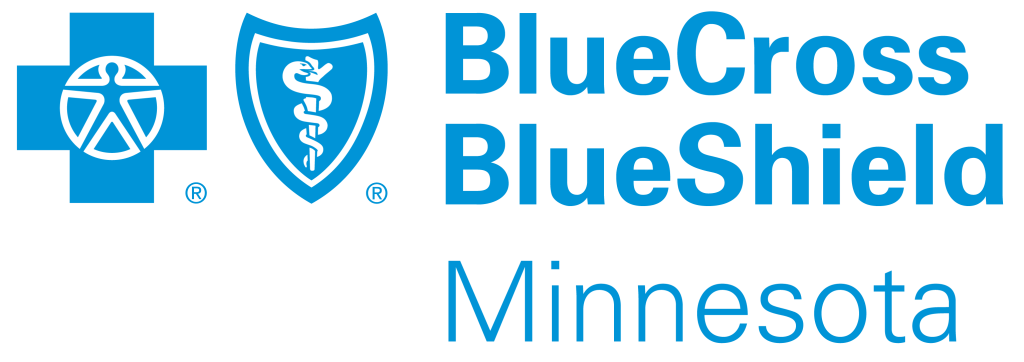As a caregiver, your focus is on your loved one’s physical and mental wellbeing—but their financial health is also important.
Whether you’ve been tackling this aspect for years, or the task has suddenly been thrust upon you, it’s vital to be prepared.
“The two most important documents I would say to have in place are a health care directive and a power of attorney,” says Julie Westbrock, JD, vice president of business development for financial management company Trust Point, Inc. “A health care directive so the caregiver can make health care decisions for the individual in the event that they are unable to, and power of attorney so that they have the authority to help with finances.”
Westbrock, who practiced estate planning for 10 years, said it is also important to be proactive when it comes to ensuring important documents are in place.
STAYING ORGANIZED
Caring for a loved one’s finances can be daunting—try to simplify it as much as possible. If there are duplicate accounts, eliminate or merge them. You can also take advantage of automatic deposits, withdrawals, or bill pays—just be sure to document everything.
“Another thing that we recommend to our clients is to have a database with online passwords, or to use a program like LastPass or Dashlane,” Westbrock says. “It keeps usernames and passwords and some programs can even help you fill in stronger passwords.”
Beyond organizing passwords, Westbrock recommends utilizing an information organizer that compartmentalizes assets, accounts and contact information.
“Trust Point offers one through our website,” Westbrock said. “It’s basically a booklet someone can fill out that has children’s contact information, all of their professionals—their attorney, their financial planner, their tax person—along with accounts and where you can find them.”
TAKE TIME FOR YOUR FINANCES
In the midst of caring for a loved one, caregivers can often neglect taking care of themselves—and their finances.
“It’s important to take care of yourself so you can take care of your loved one,” Westbrock said. “That includes financial aid, so be careful not to neglect your own financial plan. Continue to plan for retirement. If you don’t have a financial advisor, reach out to one so you can simultaneously work with your loved one’s finances.”
Find more caregiver guidance and support at caregivercornermn.com.


